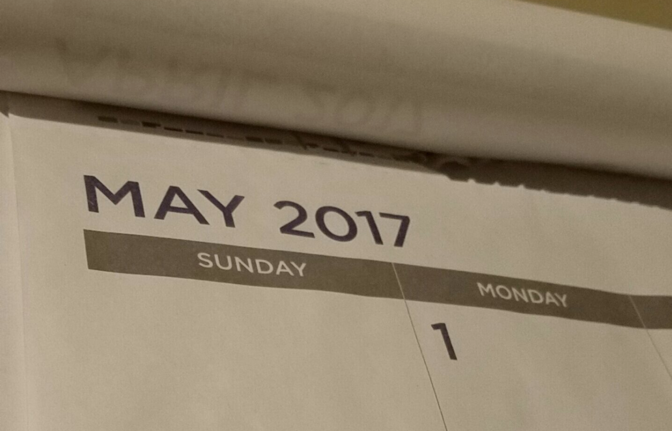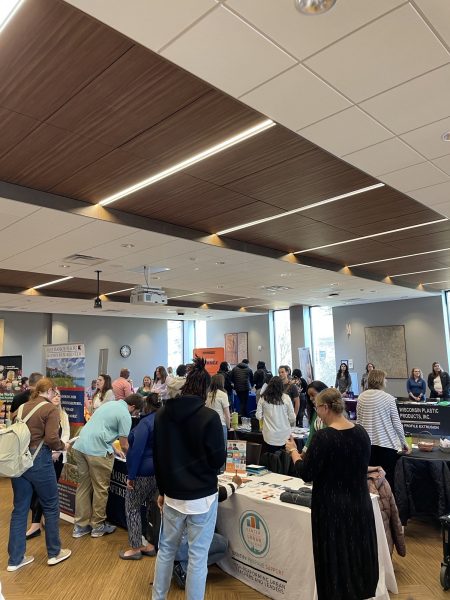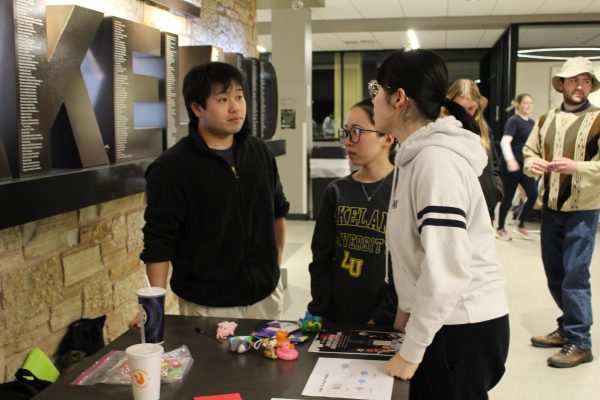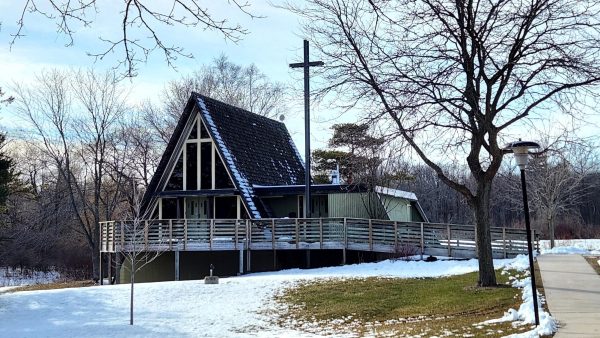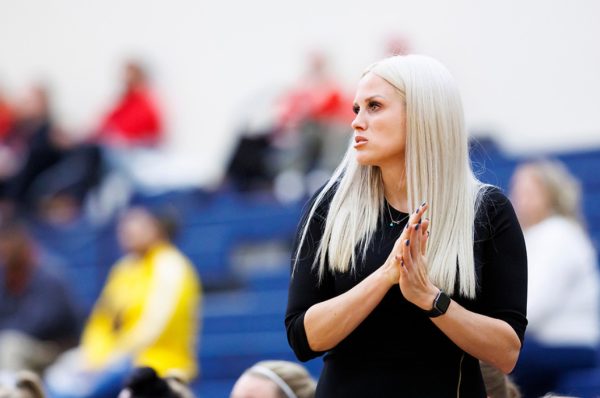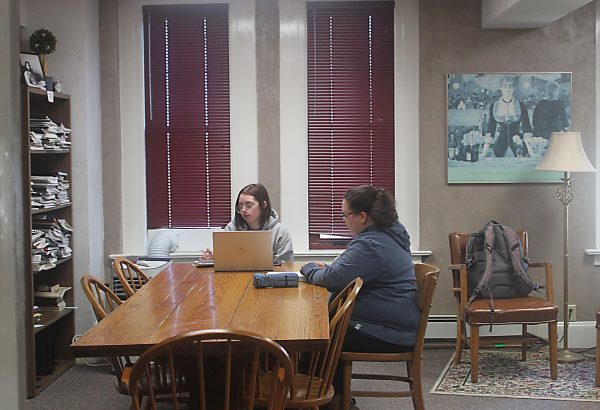2017 marks final May Term
March 28, 2017
While students eagerly await the end of the spring semester, many will be staying on campus a few extra weeks for the final installment of Lakeland University’s May Term.
May Term has long been an offering of select three-week courses provided by the University for students. May Term has traditionally given student the opportunity to earn a few extra credits after the spring semester in a short time span.
While the benefits of the program are highly recognized, the sustainability of such a program has reached its budget limits, according to the University. The costs add up for the University with requirements to maintain faculty, meal plans and student housing facilities. In the end, the decision to bring the program to an end was made.
The uneasy decision to discontinue the program for students was not an easy one. “It is something we discussed for about two to three years,” explained Provost Meg Albrinck, “But it is something the University could no longer afford financially.”
In past years, traditional students were not charged for enrollment in May Term courses. However, May Term is now only free for those who were traditional students before the fall of 2015, meaning that all current freshmen and sophomores have to pay for the 2017 May Term.
When asked about the possibility of students paying for the tuition to keep May Term, Albrinck explained why such a proposal would not work. She stated, “FAFSA requires at least a week break between the end of spring semester and May Term for processing. With that late start, the course is pushed further back, almost into the summer term.”
Students have expressed many opinions regarding the discontinuation of May Term, with many conveying confusion concerning the loss of May Term for budget reasons, but the approved construction of the new football field.
Albrinck explained, “May Term’s budget has no relation to the football stadium, which has been funded generously by outside sources from the University.”
Albrinck elaborated further on the University’s budget policies, explaining that any money donated for construction can therefore only be used or dispersed amongst construction or rebuilding projects. “So even if funds would be left over, it cannot be dispersed to other programs like May Term, or contributed towards instructor salaries to keep May Term going.”
Discontinuation of May Term will directly affect some courses and the layout of the University’s academic calendar. For example, the Field Experience in Education course, traditionally offered in May Term, will need to find its place amongst the standard semester course offerings. Albrinck also expressed possibility for the short term study abroad courses to be integrated into spring and winter breaks.
While the program will be discontinued after the 2017 year and changes will have to be made to the curriculum, students can still look forward to gaining May Term credits this year in courses such as art, criminal justice, history and sociology.

